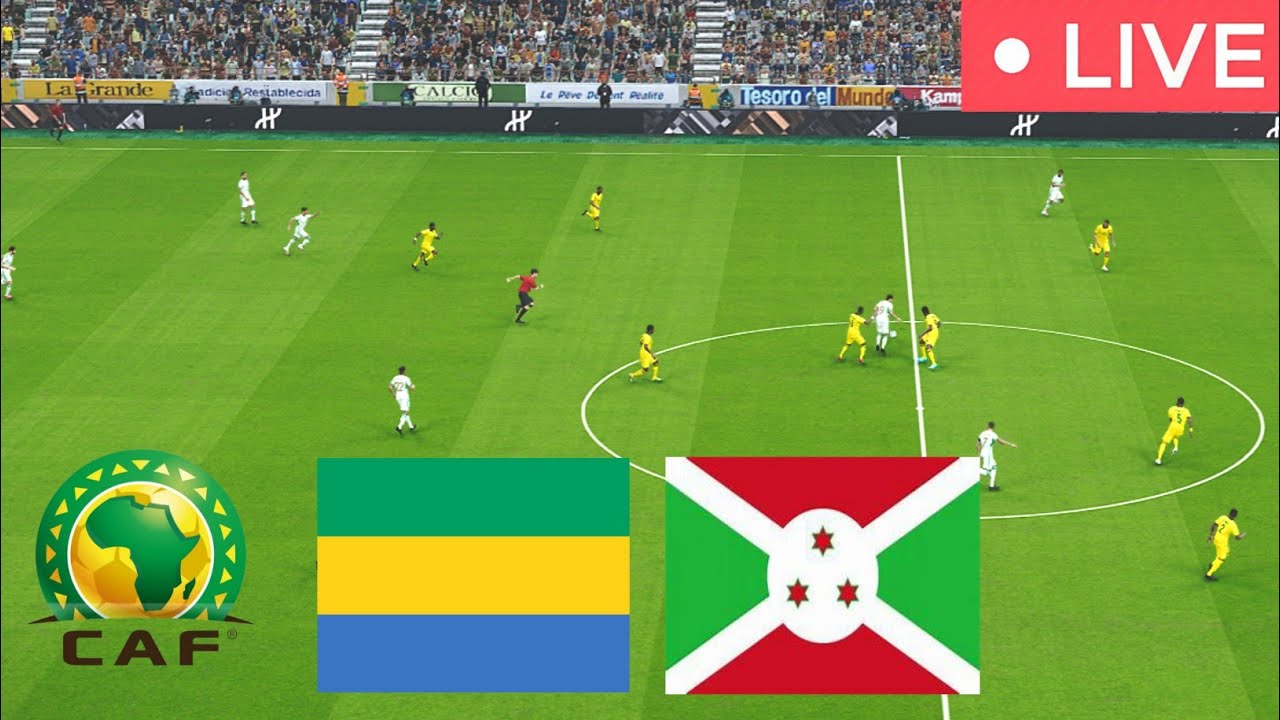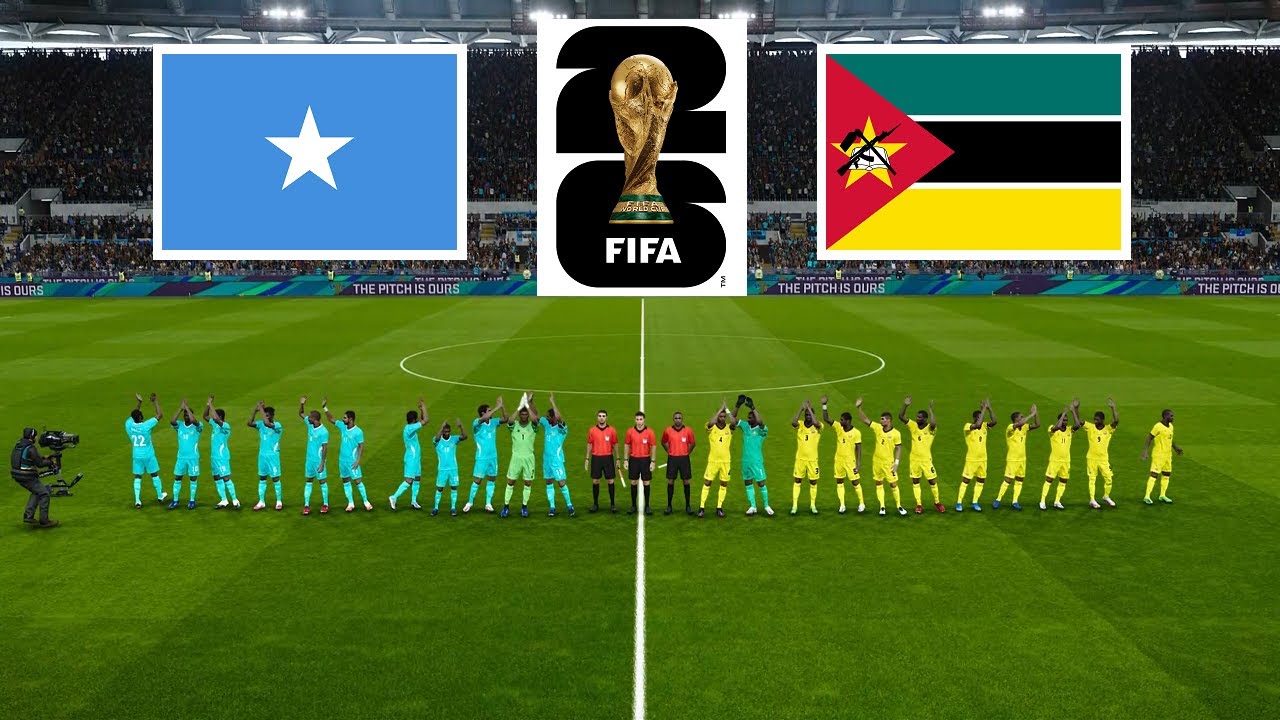Introduction
The comparison between Gabon and Burundi is significant in the context of African politics, economy, and cultural diversity. Both nations, though geographically distant and culturally unique, share a narrative of post-colonial development challenges and aspirations for a brighter future.
Geographical and Demographic Overview
Gabon, located on the west coast of Central Africa, is known for its vast rainforests and a relatively stable political environment since its independence from France in 1960. With a population of approximately 2.4 million, Gabon’s economy relies heavily on oil and natural resources.
On the other hand, Burundi is a landlocked country in East Africa, characterized by its mountainous terrain and a population of about 12.6 million people. Burundi’s political landscape has been tumultuous, marked by ethnic conflict and civil war, particularly in the late 20th century.
Political Landscape
Gabon has experienced several peaceful transitions of power over the years, with the current president, Ali Bongo, serving since 2009 following the death of his father, Omar Bongo. The political stability, however, has recently been challenged by protests and allegations of election fraud in the 2023 presidential elections.
Conversely, Burundi has faced significant political turmoil, especially after the controversial third term of President Pierre Nkurunziza which led to violent protests in 2015. The recent elections in 2020 marked a shift towards a more cautious political climate under president Evariste Ndayishimiye, who aims to rebuild the nation amidst a history of conflict.
Economic Comparisons
Economically, Gabon enjoys a higher GDP per capita owing to its resource-rich profile, particularly oil production, which contributes significantly to the national revenue. However, reliance on oil makes Gabon’s economy vulnerable to fluctuations in global oil prices.
Burundi, conversely, struggles with one of the lowest GDPs per capita in the world, largely reliant on agriculture, which employs around 90% of its workforce. Continued poverty and underdevelopment present systemic challenges for economic growth, aggravated by political instability.
Conclusion
The comparative analysis between Gabon and Burundi illustrates the varying political and economic trajectories faced by African nations. Gabon showcases relative stability with resource-driven growth, while Burundi represents a struggle for peace and economic viability post-conflict. Understanding these dynamics is crucial for investors, policymakers, and scholars interested in the future of African development.


